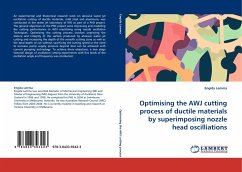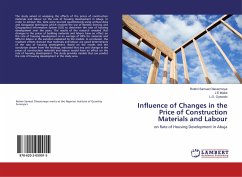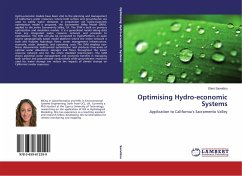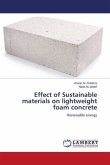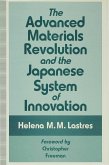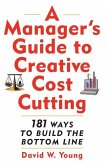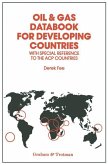An experimental and theoretical research work on abrasive water jet oscillation cutting of ductile materials, mild steel and aluminum, was conducted at the water jet laboratory of IRIS as part of a PhD project. The general objectives of the PhD project were improving and modeling the cutting performance in AWJ machining using nozzle oscillation Techniques. Optimizing the cutting process involves improving the texture and integrity of the surface produced by abrasive water jet cutting and increasing the depth of the smooth cutting zone as well as the total depth of cut without sacrificing the cutting speed or the need to increase pump supply pressure beyond that can be achieved with current pumping technology. To achieve these objectives, a two stage factorial design of oscillation cutting experiments with five levels of the oscillation angle and frequency was conducted.

